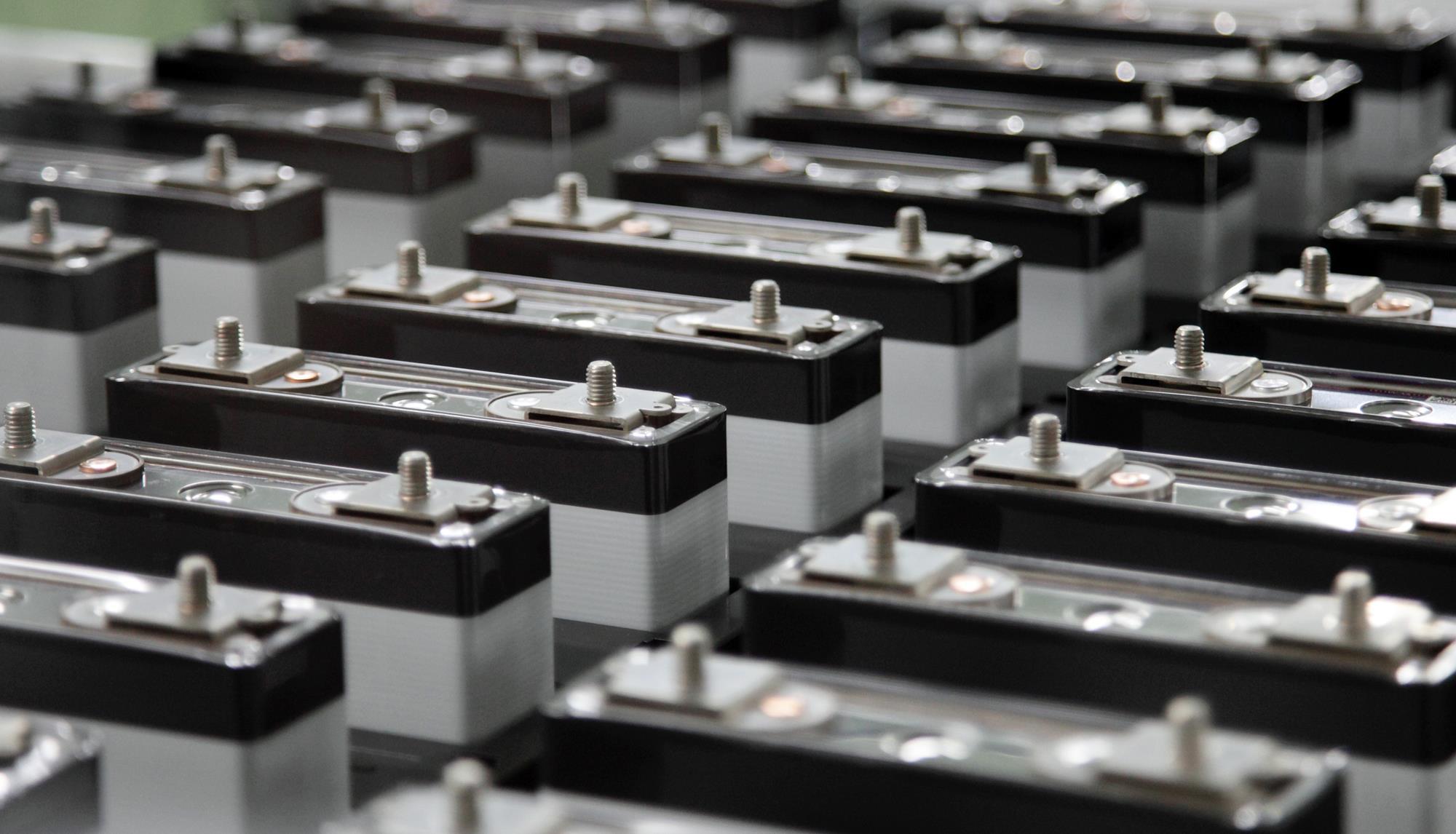It is in Lyon that an accidental discovery could indeed transform into a small ecological revolution: succeeding in recycling used electric batteries thanks to the capture of CO2.
The transition to electric vehicles is moving forward at full steam, and the EU has officially committed to putting an end to thermal vehicles by 2035. An enlightened decision for some or misplaced idealism for others, opinions differ greatly. What is certain is that this transition must be thought out in full awareness of many other factors. Among these, the recycling of car batteries. It is a small start-up from Lyon which could have found part of the answer to this thorny question.
A chance discovery
The story began ten years ago, in one of the laboratories of Claude Bernard-Lyon 1 University. A chemist, Julien Leclaire, by dissolving metals using a new technique, discovered that it was possible capture metals from batteries using CO2 previously captured. This gas, rightly singled out for its deleterious effect on the atmosphere, could thus be an exploitable resource for recovering battery waste.
The technique developed in this Lyon laboratory is also very low-polluting and its carbon footprint is minimal: no use of acids or effluents (fluid residues of industrial origin), all using small machines. The metals thus treated end up in powder, which Julien Leclaire and his partners then reused to manufacture electrodes and batteries.
From theory to industrial reality
A discovery is great, but developing this technology outside the laboratory walls is even better! Building on his discovery, Julien Leclaire took action and founded a start-up with associates. It is now a matter of transforming his innovation into industrial reality. Thanks to the France 2030 Plan, they are supported with 23 million euros for their project.
Thus, the team plans to found an operational unit in the Vallée des Batteries, a specialized industrial center currently being built in Hauts-de-France. Julien Leclaire’s objectives are ambitious, but achievable: the construction of two factories between 2026 and 2028 (one for battery processing and another for production waste) and at least five factories in Europe by 2030.
Finding new methods of recycling electric cells is essential today as the transition to this mode of energy is accelerating. If carbon dioxide becomes a powerful ally in this process, its large-scale capture will also have to be rethought. A project like that of giant CO vacuum cleaners2 in the United States can be a complementary solution to that found by Julien Leclaire.
Source : France Info

2